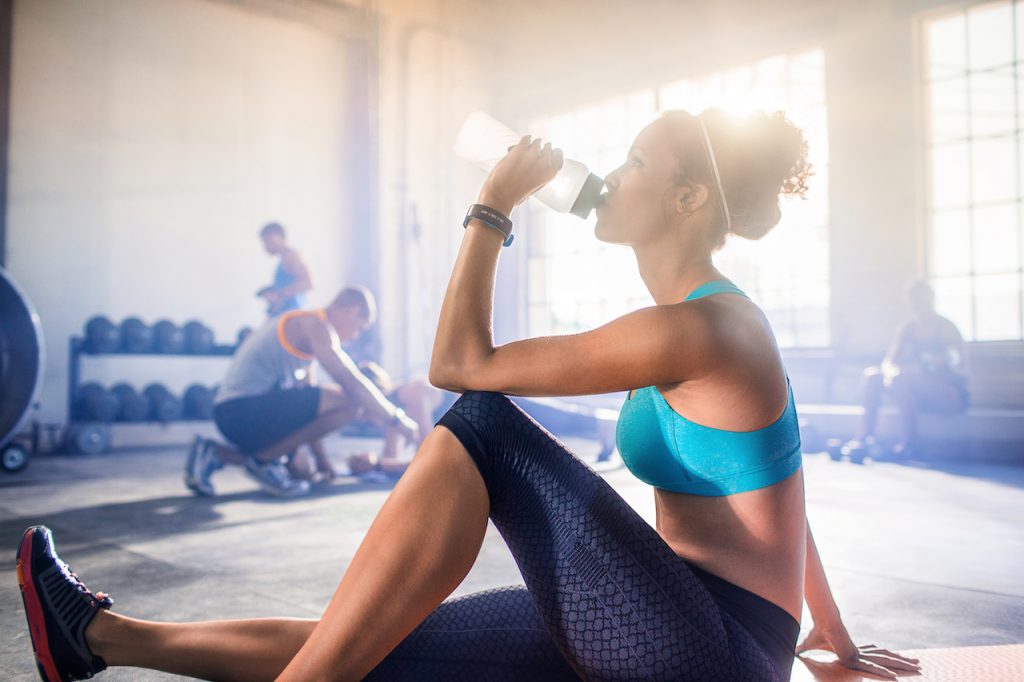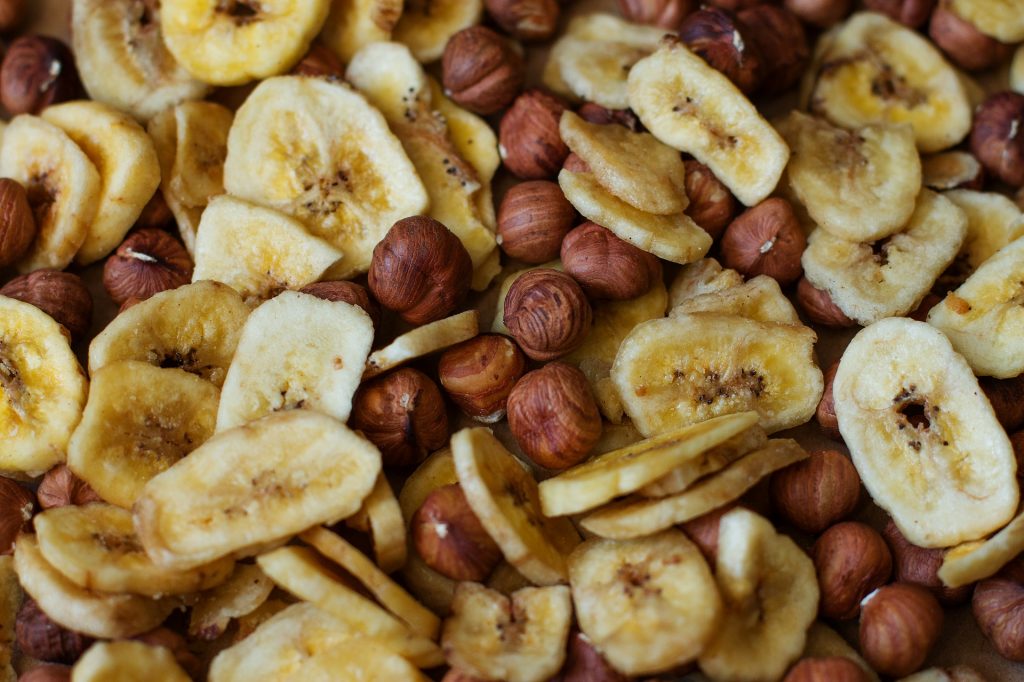By combining regular sports training with healthy eating, you will win at all levels: stress, sleep, weight loss… Find out how to set your menus according to your energy usage to reconcile both sport and nutritional balance on a daily basis.
Why combine physical exercise and dietetics?

Physical activity and nutrition are two key factors for staying healthy. They impact on muscle tone, quality of sleep and stress levels… The two concepts are inextricably linked: for the body to function optimally, nutritional intakemust be adapted to the physical effort being made.
A balanced dietprovides the body with the elements necessary for good health. Lipids, proteins and carbohydrates are used to make energy, regulate the functioning of organs, renew tissues, etc. Sport makes the whole body work harder to maintain good physical conditionand to develop to its potential.
By combining sport and dietetics, you give yourself the best chance of achieving your goals: health, weight loss, muscle building, relaxation, sleep…
How to integrate sport into your daily life?
Do you want to start a regular sports programme, but don’t know where to start? For an adult, the WHO recommends performing at least 150 minutes of moderate activity or 75 minutes of a more intense activity each week. The sessions should ideally last more than 10 minutes at a time to have a favourable outcome on breathing and heart rate.
Anchor your new sports habits in your routine
The key to success is consistency: make your sports sessions a regular habit. It should be a moment just for you when you take care of yourself and recharge your batteries. Early in the morning is a good way to start the day in top form as would be in the evening when you come back to relax afterwards. Everyone will find their own rhythm according to their own preferences or goals. Do not limit your motivation: find an outfit that is comfy to wear, take the shortest possible route between you and the training site (and why not exercise at home?). Nothing should prevent you from allowing yourself to have fun during your session!
The benefits of regular physical activity
Doing a sporting activity regularly doesn’t only provide physical benefits:
- Reduced risk of developing certain chronic diseases: cardiovascular disorders, diabetes, high blood pressure, etc.
- The development of muscle tone, endurance, breathing, balance, flexibility…
- Reduced risk of being overweight due to physical inactivity
- Improved quality of sleep, prevention of depression or anxiety problems
- Etc.
The effects of sport on mental healthare also well established: exercise is known to generate serotonin and regulates cortisol levels. Simply put, when you exercise, you secrete more happiness hormones and reduce your stress levels.
So, are you ready to go? While you’re putting on your trainers, don’t miss our latest tips for adapting your diet to your new sporting lifestyle.
Sports nutrition: instructions for use

When you start a sport or if your training is not intense, a varied diet and good hydration should provide your body with everything it needs to be healthy. If you are exercise regime is more demanding, then you can adjust your nutritional intake according to the effort required to meet your goals.
How do you adjust your diet based on your activity?
To maintain a healthy weight, make sure that the calorie intakedoes not exceed your energy expenditure for the day. If your intention is to lose weight, then the number of calories consumed should be less than the energy expended. During a competition or an intense training session, your nutritional needs will be higher.
What foods should be favoured for sports?
Certain foods are particularly noteworthy for optimising sports performance:
- Carbohydrates and fats can be compared to sports fuel stocks. Take on complex carbohydrates with legumes, pasta or whole grains and vegetable fats which are rich in omega-3.
- A banana, rich in carbohydrates and potassium, has its place in the lunchbox of many athletes. Before exercise, choose a yellow banana, just when it is ripening: its slow-release sugars will help to sustain you. Keep ripe bananas, containing more fast-releasing sugars, for recovery after sport.
- Seeds, oilseeds and dried fruit are perfect snacks for athletes. Sources of minerals, vitamins, antioxidants and carbohydrates, they represent an energy intake that’s ideal before endurance activity.
- The proteins from eggs and meat provide the body with the means to regenerate muscle fibres after sporting activity.
- Fresh fruit and vegetables, as well as aromatic herbs, are great sources of vitamins and minerals for staying fit.
- The quality of the food you eat is directly linked to performance. However, each athlete has different needs, and you should not forget to treat yourself either.
When should you eat when you are training?
If possible, try to schedule your workouts 3 or 4 hours after your last big meal. However, nothing prevents you from planning a healthy and light snack one hour before training. During exercise, remember to keep a bottle of water at hand. If the session lasts less than 45 minutes, it is not necessary to eat while playing sports. If you have to maintain a sustained effort for a long time, then bring some dried fruit or a cereal bar to avoid falling into a hypoglycemic state. After training, eat a good meal to replenish your energy reserves.
If you never want to run out of recipe ideas, why not take advantage of the iFit® Nutrition app? Save your body data, set goals and allow yourself to be guided: depending on the energy spent during your sessions, you can use it to easily balance your nutritional intake and manage your progress day by day and to develop those good habits with ease!
Check out our Health & Fitness page for more advice.
